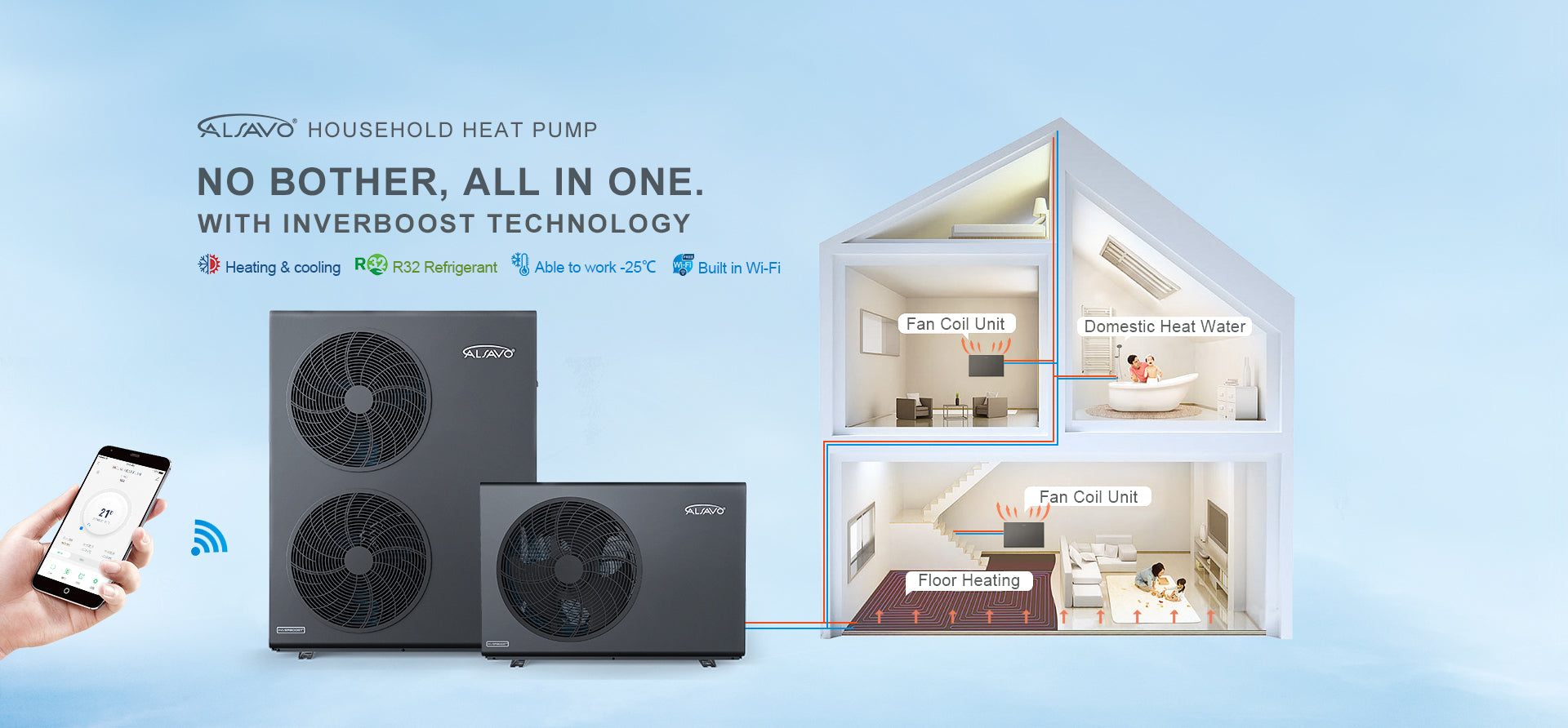Table of Contents
Heat pumps are developing as a viable substitution for usual temperature control equipment as the globe transitions toward green energy sources. Heat pumps transmit heat from one area to another electrically, making them greatly economical and ecologically beneficial. Plumbers are significant members of the sustainable energy movement since they install and sustain heat pump systems. Now, let’s look at how heat pumps contribute to long-lasting and how plumbers can help.
The Role of Heat Pumps in the Sustainable Energy Movement
Heat pumps are an essential component in the sustainable energy movement since they are more effective than usual temperature control equipment and release fewer greenhouse gases. Heat pumps, as opposed to burners and boilers, which create heat by burning fossil fuels, use electricity to transport heat from one site to another. Because this process is far more effective than producing heat from scratch, heat pumps are an ideal alternative for households and companies trying to decrease their carbon footprint.
Heat pump specialists have developed several types available on the market, including air source heat pumps, ground source heat pumps, and water source heat pumps. Air source heat pump is the most common type, and they work by extracting heat from the air outside and transferring it indoors. Ground source heat pumps, also known as geothermal heat pumps, extract heat from the ground, while water source heat pumps extract heat from water sources such as lakes and rivers. Regardless of the type of heat pump, they all reduce greenhouse effects and energy bills by up to 50% compared to traditional temperature control systems.
How Plumbers Are Contributing to Sustainability Through Heat Pump Installation and Upkeep
Plumbers are playing a significant role in the renewable energy movement by installing and maintaining heat pump systems. Here are eight ways plumbers can help with the issue:
Educating customers on the benefits of heat pumps
Plumbers can educate their customers on the benefits of heat pumps, including their energy efficiency, cost savings, and environmental benefits. By providing this information, plumbers can help customers make an abreast judgment about whether to install a heat pump system.
Assessing the suitability of a property for a heat pump
Before installing a heat pump system, plumbers can assess the appropriateness of a property for a heat pump. Factors such as the size of the property, insulation, and the local climate can all impact the performance of a heat pump system, and plumbers can aid customers to decide whether a heat pump is a viable option for their property.
Setting up heat pump systems
Plumbers can install heat pump systems in homes and businesses, ensuring that the systems are installed correctly and functioning efficiently. Proper installation is critical to the performance of a heat pump system, and plumbers can ensure that the system is installed correctly, preventing any potential problems down the line.
Conducting routine maintenance on heat pump systems
Like any temperature control system, heat pumps require routine maintenance to ensure they are functioning correctly. Plumbers can conduct regular maintenance on heat pump systems, ensuring that they are running efficiently and preventing any potential problems from occurring.
Repairing heat pump systems
If a heat pump system develops a problem, plumbers can repair the system, ensuring that it is functioning correctly. Repairing a heat pump system requires specific knowledge and expertise, and plumbers are well-equipped to handle any issues that arise.
Upgrading heat pump systems
As technology advances, heat pump systems are becoming more efficient and cost-effective. Plumbers can help customers upgrade their existing heat pump systems, ensuring that they are benefiting from the latest advancements in technology.
Recycling old heat pump systems
When old heat pump systems are removed and replaced, plumbers can ensure that the old system is recycled properly. For ASHPs, the components that can be recycled, including copper tubing, aluminum fins, and the compressor can be sent back to the air source heat pump manufacturer. By doing this, plumbers are contributing to sustainability and reducing waste.


Providing ongoing support and advice
Plumbers can provide ongoing support and advice to customers with heat pump systems. This support can include advice on how to maintain the system, troubleshooting tips, and guidance on when it may be time to upgrade the system. Plumbers can guarantee that clients are getting the most out of their heat pump system and increasing its performance and longevity by offering continuous assistance.
Conclusion
Heat pumps are a vital piece of the sustainable energy movement, and plumbers have a key function in supporting sustainability by putting in and sustaining heat pumps. Plumbers contribute to a more sustainable future by educating consumers, analyzing the viability of homes, installing and maintaining heat pump systems, repairing and upgrading systems, and recycling obsolete systems. As the globe shifts toward renewable energy sources, plumbers’ role in promoting sustainability will become more and more vital.



